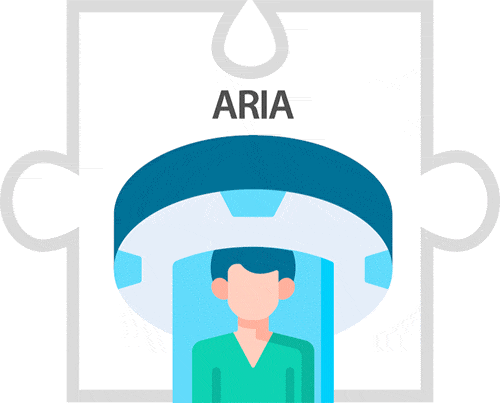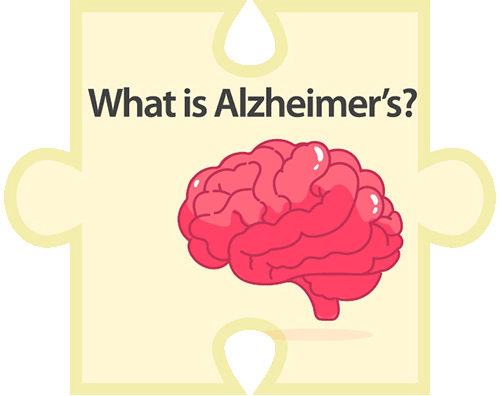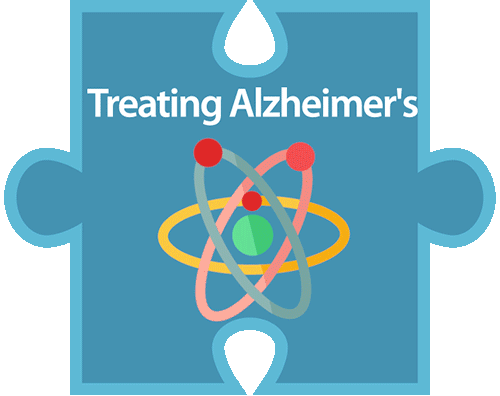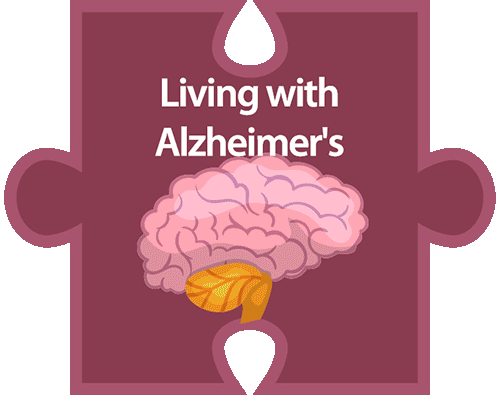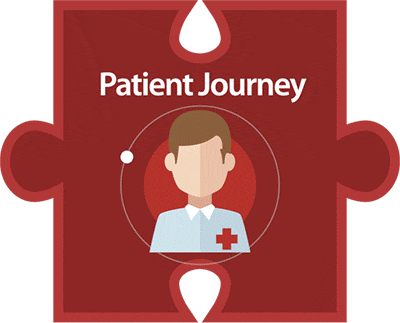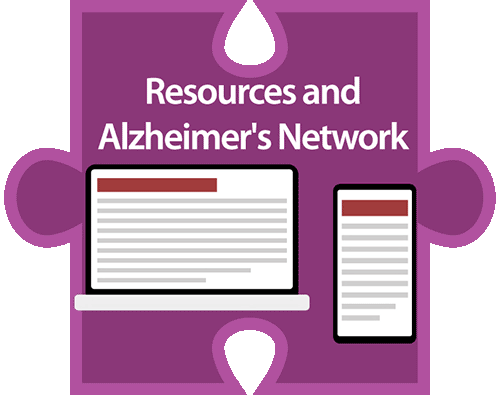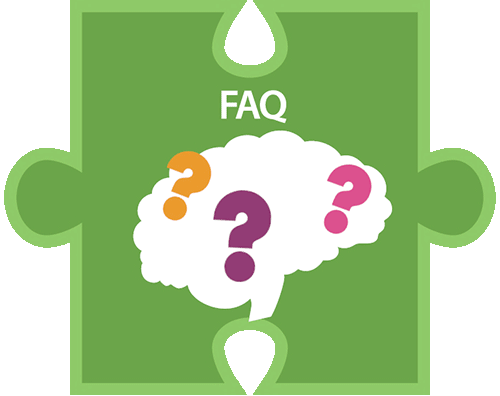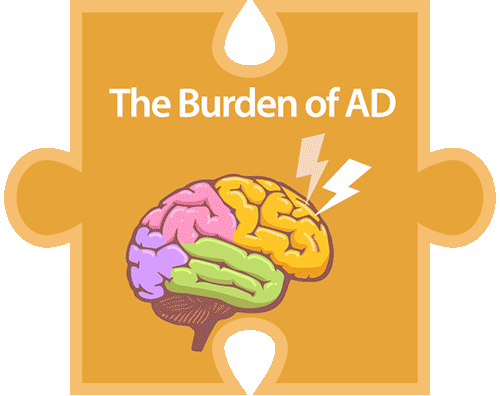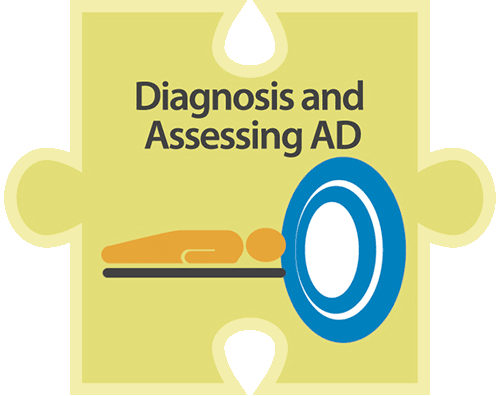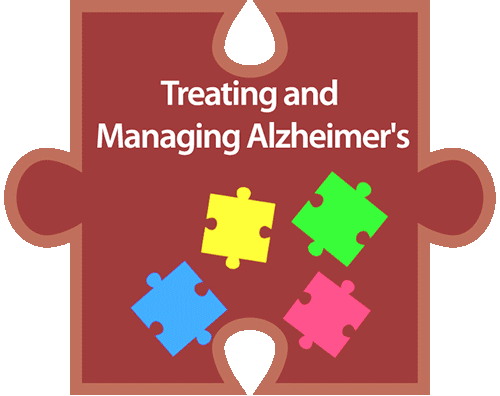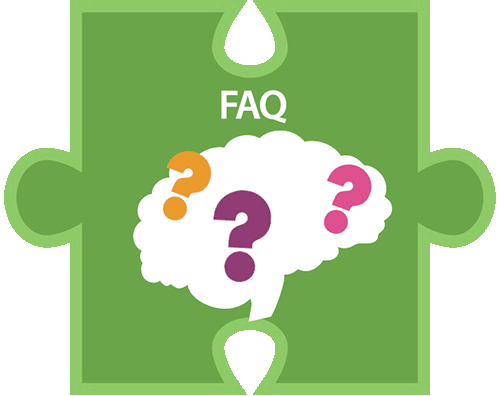What is Alzheimer’s?
Alzheimer’s disease (AD) is a neurological (or brain) condition that slowly and progressively leads to loss of memory, judgment, attention, and reasoning.1 AD has stages and is considered a neurodegenerative disease, characterized by damage to the brain and loss in ability of nerve cells (neurons) to send messages between different parts of the brain as well as from the brain to muscles and other organs in the body.1-3 It is not the same as becoming forgetful over time—AD is not a normal part of the aging process.4
AD is the most common type of dementia, especially in people over the age of 65.4 While AD usually affects people over 65, it can occur in younger people in a small percentage of cases (early Alzheimer’s).1,4 Survival for those living with Alzheimer’s can average 4-8 years after diagnosis, but as many as 20 years depending on individual factors.4
How the Brain is Affected in Alzheimer's Disease
Scientists are still learning the precise mechanism of AD and its stages, but they know that damage to brain tissue is involved.3 Even before symptoms start, the brain can start to show changes in the brain, such as an abnormal buildup of proteins like amyloid plaques (protein clumps) around blood vessels and nerve cells, and tau neurofibrillary tangles (bundles of fibers) within the nerve cells themselves.1,3,4 As AD progresses, the nerve cells lose the ability to communicate with each other (and the rest of the body) and die.3,4 Losing nerve cells causes the brain to shrink and leads to the symptoms associated with AD, such as memory loss, personality changes and trouble performing daily activites.4
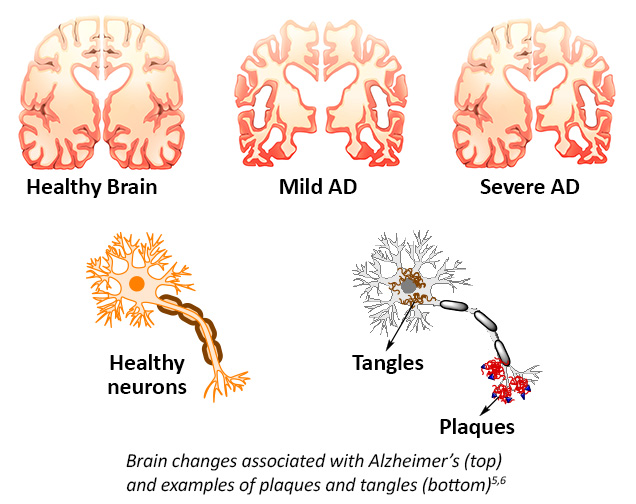
How Can I Reduce My Risk for Alzheimer's Disease?
Despite all of the scientific advances in this field, scientists are still working to understand what causes AD.3 The causes are likely a combination of genetic, environmental, and lifestyle factors, and can vary from person to person.3 Age is the greatest known risk factor for AD as well as other dementias; however, increasing age is not a direct cause of AD.7 While risk factors such as age, family history and heredity cannot be modified, research is beginning to reveal clues about other risk factors that can be modified via changes in lifestyle and via effective management of other health conditions7:

Avoid head injuries – wear a seatbelt in the car and a helmet with sports

Eat a healthy diet

Stay socially active

Quit smoking

Avoid excess alcohol
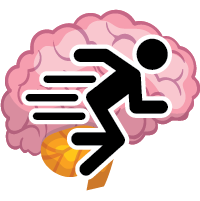
Exercise your body and mind
What are the symptoms of Alzheimer's Disease?
The symptoms of AD typically get worse as the condition progresses due to the loss of functioning brain tissue.3,4 One of the early symptoms of AD, and one of the most common symptoms is remembering newly learned information.4 As the disease spreads throughout the brain, people with severe AD have trouble communicating and are often completely dependent on their caregivers.3 Closer to the end of life, the body shuts down and the person may have to stay in bed most or all of the time.3 AD is among the top ten leading causes of death among American adults.8
Here is a summary of the symptoms that can be experienced in the varying stages of Alzheimer’s Disease.
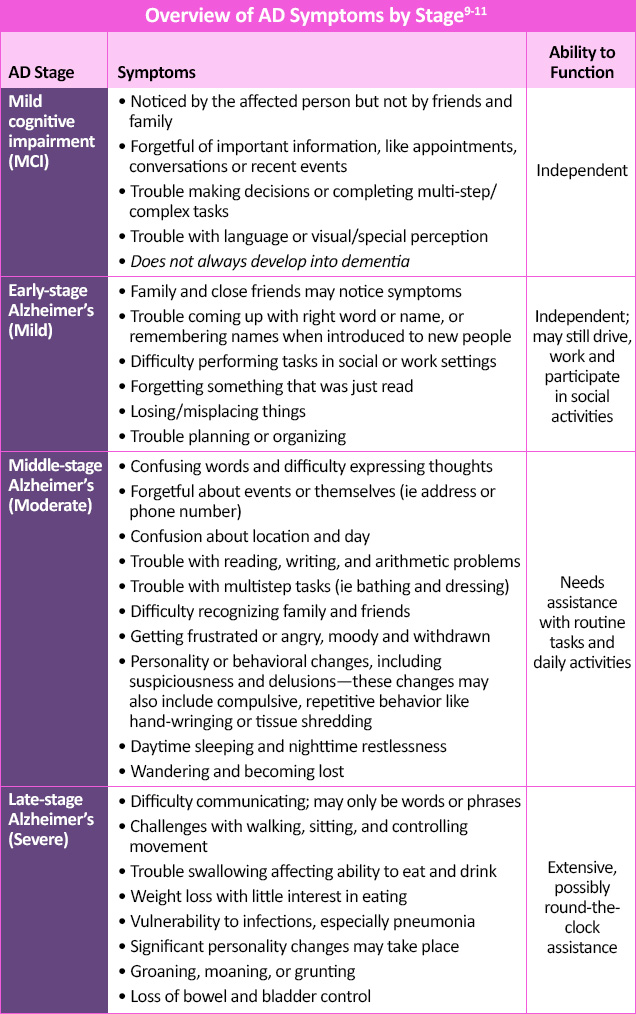
References
- Kumar A, Sidhu J, Goyal A, et al. Alzheimer Disease. StatPearls. 2022. https://www.ncbi.nlm.nih.gov/books/NBK499922/
- National Institute of Environmental Health Sciences. Neurodegenerative diseases. Last reviewed June 9, 2022. https://www.niehs.nih.gov/research/supported/health/neurodegenerative/index.cfm
- National Institute on Aging (NIA). Alzheimer’s Disease Fact Sheet. https://www.nia.nih.gov/health/alzheimers-disease-fact-sheet
- Alzheimer’s Association®. What is Alzheimer’s disease? https://www.alz.org/alzheimers-dementia/what-is-alzheimers
- Breijyeh Z, Karaman R. Comprehensive Review on Alzheimer’s Disease: Causes and Treatment. Molecules. 2020;25(24):5789.
- Cedar City News Archives. How your ears can cause brain shrinkage, dementia. 10/31/2015. https://archives.cedarcityutah.com/news/archive/2015/10/31/hw-how-your-ears-can-cause-brain-shrinkage-dementia#.Y2H4zC2B29Q
- Alzheimer’s Association®. Causes and risk factors for Alzheimer’s disease. https://www.alz.org/alzheimers-dementia/what-is-alzheimers/causes-and-risk-factors
- Centers for Disease Control and Prevention. (CDC). Leading Causes of Death. https://www.cdc.gov/nchs/fastats/leading-causes-of-death.htm
- Alzheimer’s Association®. Stages of Alzheimer’s. https://www.alz.org/alzheimers-dementia/stages
- 2023 Alzheimer’s disease facts and figures. Alzheimers Dement. 2023;19(4):1598-1695. doi:10.1002/alz.13016
- National Institute on Aging (NIA). What are the Signs of Alzheimer’s Disease. https:www.nia.nih.gov/health/what-are-signs-alzheimers-disease
All URLs accessed February 14, 2024.


